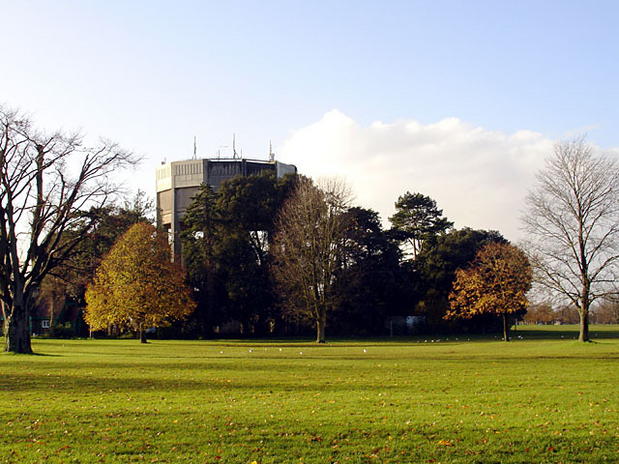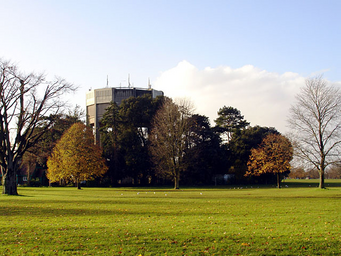A couple of days ago, I was on a walk around Bristol’s famous Durdham Downs and noticed something I had never seen before. Right next to The Downs Cafe is a set of public toilets with a blue plaque above the women’s loos. Blue plaques are placed on buildings around the UK to commemorate a famous person and their link to the location – so I was a bit confused as to why a set of public toilets had one. The sign read:
‘Victoria Hughes, 1897-1978, who befriended and cared for prostitutes when she worked here as a lavatory attendant from 1929-1962’.
I immediately searched up her name on my phone and found her story fascinating.
With Bristol City Council taking the controversial consideration to ban strip clubs in the city, it feels more important than ever to learn about the city’s history of sex work and The Downs’ historical repuation as the city’s ‘Red Light District’.
Victoria Hughes was consistently the breadwinner of her family. In her youth she worked in the Wills Tobacco Factory and went on to earn an income for herself and her husband as he was rendered disabled by the First World War. Working for 33 years as a ‘loo lady’, she saw hundreds of women come and go. Her official duties involved cleaning and selling sanitary supplies but her role went much further than this. She began to notice that many of her customers were sex workers who worked on the nearby Ladies’ Mile which runs through Durdham Downs. Striking up the odd conversation led to some true friendships for Hughes and the women. Hughes kept a kettle in her office of the toilets and offered the women tea and company if they wished. At time she would assist the sex workers out of dangerous situation with money and even sometimes direct intervention.
She kept notebooks during her working hours which were published in her memoir Ladies’ Mile which explores Bristol’s sex work industry from the Depression through to the 1960s. The editor of her memoir, David Foot, praised her as an ‘honest, loyal, hard-working and unworldly’ author who ‘happened to be a first-class observer with a natural turn of phrase, wry and happily unsophisticated’. Hughes responds nonchalantly, explaining there was ‘nothing especially sensational about prostitution … As a maritime city, Bristol’s whores have usually found it a good market place. But what went on among the trees on the Downs before, during and after the last war is still, I feel, a little piece of the city’s history’.
Hughes lived in a terraced house on Gloucester Road, Bishopston, where she lived until her death in 1978. However it is safe to say that her memory has lived on, in 2006 she was the first ‘loo lady’ to be given an entry in the Oxford Dictionary of National Biography. And before, in 2003, a blue plaque was unveiled on the public conveniences where she worked, commemorating her kind nature, always lending a hand to women in need.
This article is part of a themed content week celebrating International Women’s Day and women who inspire us.



